This series from the National Gallery in London looks at paintings from the museum's Renaissance collection and explores some surprising and ingenious responses to the challenge of painting Christ.
videos
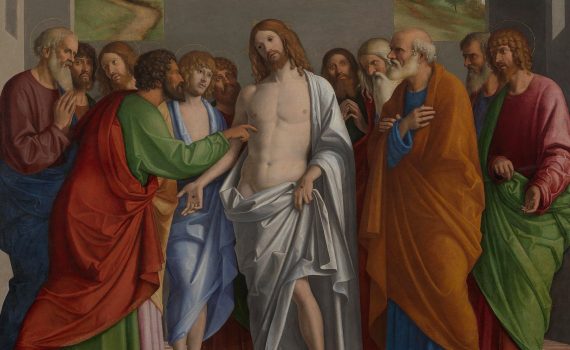
The audacity of Christian art: the problem with Christ
Neither words nor images fully capture the Christian God. Despite this inherent difficulty, painters still tried.
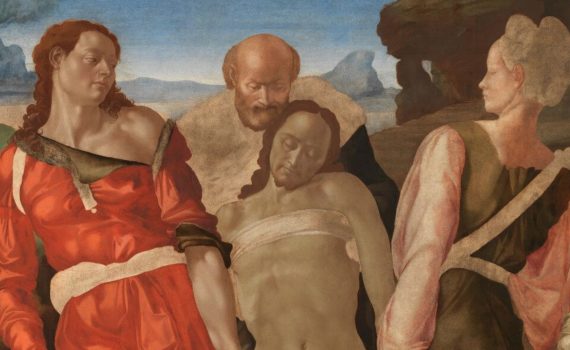
The audacity of Christian art: Unspeakable images, when words fail
Empty, blank, or unfinished spaces leave paintings open to the viewer and create compelling ambiguities.
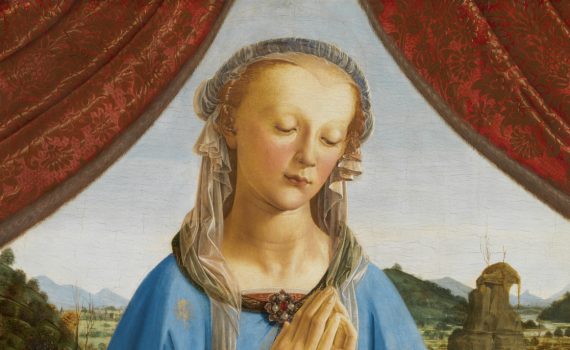
So near and yet so far: visions and thresholds
In paintings as in sacred spaces, curtains play with revelation and draw attention to the limits of human vision.
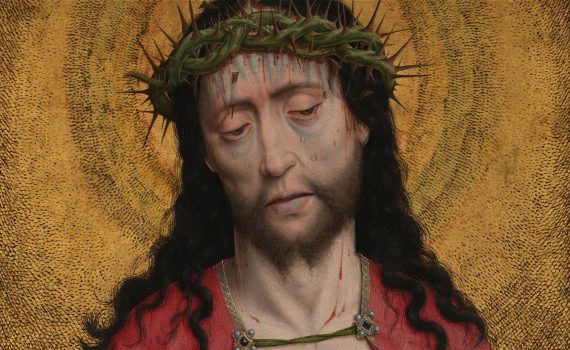
The audacity of Christian art: This world and the next, Christ on earth; Christ in heaven
Temporal and spatial ambiguity imbue two images of the Virgin and Child—and this portrait of Christ’s suffering.
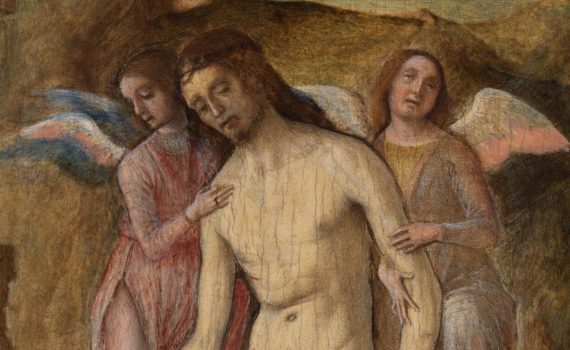
The Audacity of Christian art: Time and eternity, yesterday, today, and always
Like place, time is an important theological category and, like the divine, it can be hard to comprehend.
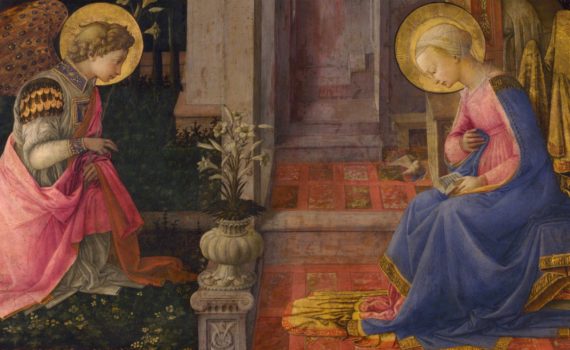
Putting God in his place: here, everywhere, and nowhere
Renaissance painters like Lippi devised spatial metaphors in order to convey the mystery of Christ’s conception.
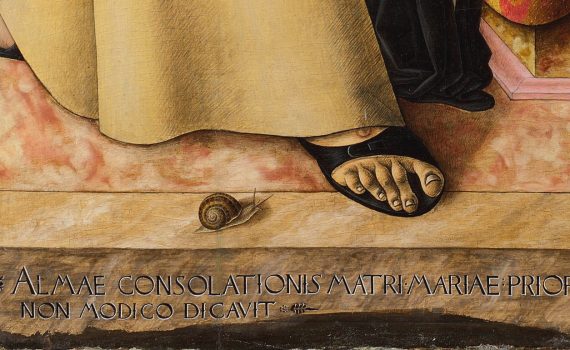
The audacity of Christian art: the problem with Christ
Where does a painting end and our reality begin? Crivelli’s humble snail prompts more questions than answers.

